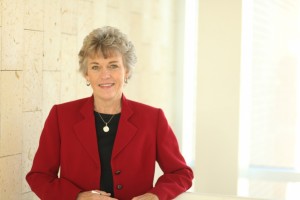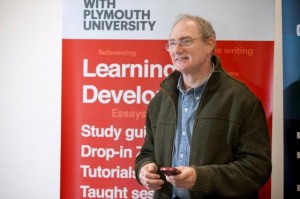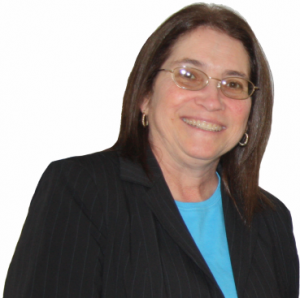Time to Question Tradition!
The Second Annual Conference of the Peer-Led Team Learning Conference
May 30-June 1, 2013, University of Houston-Downtown, Houston, Texas
Speakers
Lessons from the Experts: The Five Practices of Exemplary Leaders
Leanne E. Atwater
C.T. Bauer College of Business, University of Houston
Houston, Texas

Profile
Leanne Atwater received her Ph.D. from Claremont Graduate University. She is a professor of management in the C. T. Bauer College of Business, University of Houston. She is the author of over 50 refereed publications and numerous book chapters on topics relating to leadership. She has co-authored two scholarly books “The Power of 360 Degree Feedback” and “Leadership, Feedback and the Open Communication Gap” with David Waldman. She teaches leadership and organizational behavior at graduate and undergraduate levels. She taught leadership at the U.S. Naval Academy from 1986-1989. She also has been a principal investigator on external grants to study leadership (totaling nearly 1M) from agencies such as the Army Research Institute (ARI) and The Society for Human Resource Management Foundation. She held previous positions at Binghamton University and Arizona State University West. She is editor of The Leadership Quarterly, the premier outlet for scholarly articles on leadership topics.
Peer Learning for Change
John Hilsdon
Head of Learning Support and Wellbeing
Plymouth University, Plymouth, U.K.

Profile
John Hilsdon is Head of Learning Support and Wellbeing at Plymouth University, in Plymouth, U.K., and a National Teaching Fellow. He leads the Learning Development, Disability Assist and Counselling teams at Plymouth and has initiated a number of projects including our PALS@Plymouth peer learning scheme. Over the last decade his work has contributed to Learning Development as a field of practice in Higher Education in the UK (in the U.S., the term more commonly used is Learning Specialist rather than Learning Developer). He helped set up the UK network of learning developers in 2002, and was the first Chair of the Association for Learning Development in Higher Education (see www.aldinhe.ac.uk). He is co-editor of the Journal of Learning Development in Higher Education (www.aldinhe.ac.uk/ojs).
John Hilsdon’s talk will focus on exploring what a “Learning Development” approach to peer learning might be – especially in relation to the notion of identity. John’s main interest is in how students can make sense of – and get the most from – their learning experiences in college (at university), through their participation in the language and practices of academic life, and their subject disciplines. He was a coordinator for ‘LearnHigher’ (www.learnhigher.ac.uk), and has developed learning materials for academic writing (the ‘WrAssE’ project), and on the themes of critical thinking and reflection. He co-edited the book, Learning Development in Higher Education (Palgrave Macmillan, 2011). In recent years he has made presentations and led research seminars in the UK and other countries, including at the Universities of Lancaster; Oxford; Chiba, Japan; the University of South Australia; Hamilton University, New Zealand; the West of England; Bournemouth; de Montfort and Leeds Universities. He is currently working towards a doctorate in education.
UHD Scholars Academy – A Model for STEM Success and PLTL Infusion
Mary Jo Parker
Director, Scholars Academy
University of Houston-Downtown, Houston, Texas

Profile
Mary Jo Parker is Director of the Scholars Academy, an academic unit within the College of Sciences and Technology at the University of Houston Downtown. She also serves as a faculty member in the Natural Science Department. Dr. Parker brings a 34-year career in K-12 STEM education as a teacher, curriculum coordination, and STEM magnet school principal/administrator. Following a Rice University appointment, Dr. Parker accepted the SA Director position in 2009. Under her direction the Scholars Academy has maintained a fully-funded predominantly underrepresented STEM undergraduate population of 160 members representing majors across the natural sciences, computer and mathematical sciences, and engineering technology. Dr. Parker currently is PI/Co-PI for several federal and state grant awards totaling over $1 million targeting support for STEM undergraduate student success systems.
